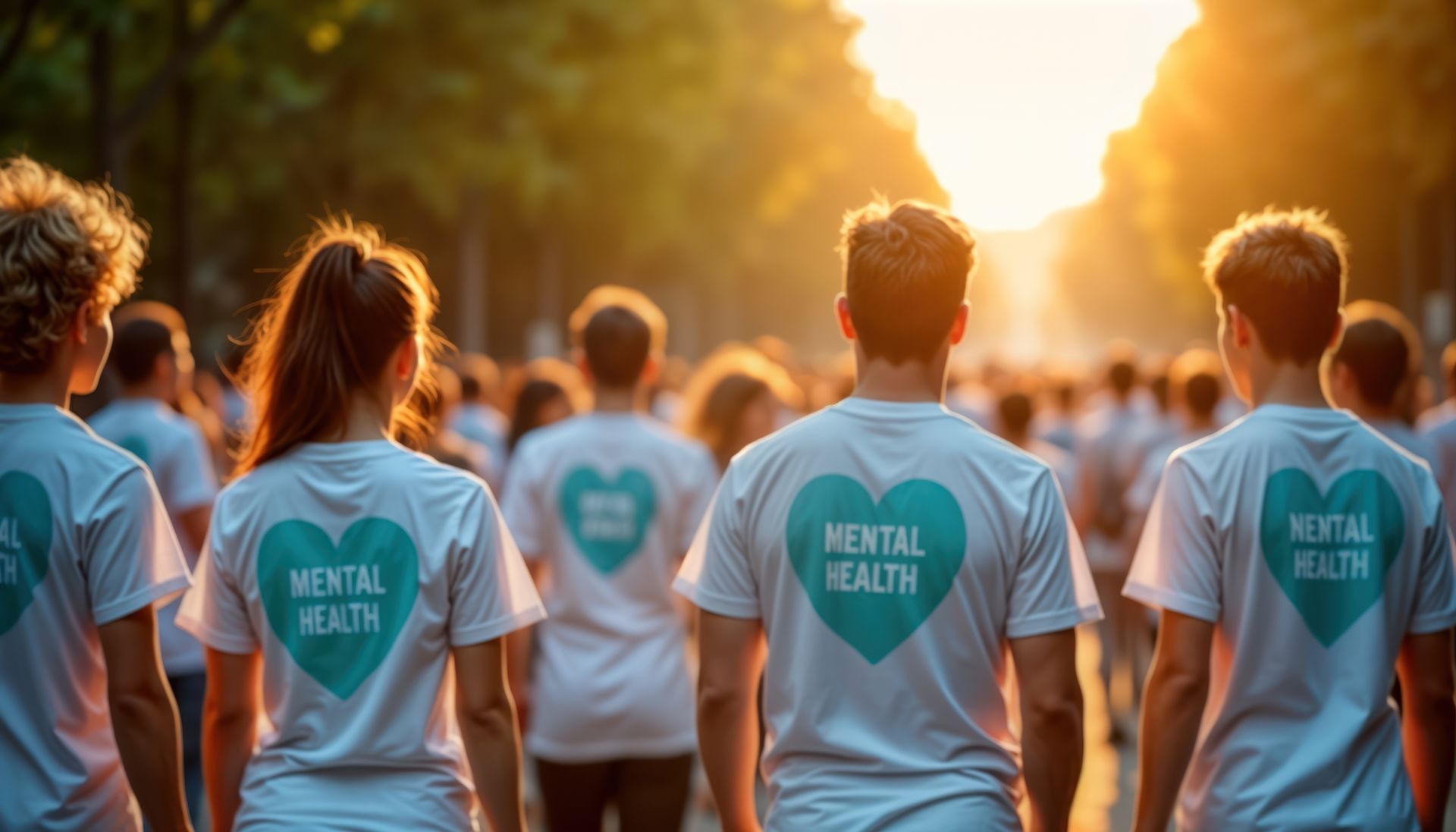Mental Health and Motherhood: How To Navigate It
As joyful and fulfilling motherhood can be, we also know it is not easy. The daily tasks of a mother are already challenging, but when you factor in situational family circumstances, postpartum recovery, and other challenges, the journey becomes even more complex.
Postpartum depression (PPD) is the most widely recognized condition that falls under this spectrum. It affects
approximately1 in 7 women, according to the American Psychological Association. Beyond this:
- 1 in 5 women experience a mental health condition during pregnancy or in the year following childbirth.
- Common mental health conditions in motherhood includedepression, anxiety disorders, obsessive-compulsive disorder, post-traumatic stress disorder, bipolar illness, psychosis, and substance use disorders.
- Suicide and overdose are leading causes of death for women in the first year postpartum.
This makes maternal mental health an extreme issue—one that affects not just the well-being of mothers, but everyone around them. So, as a mother yourself or a loved one—how can you navigate this?
How To Recognize The Signs
5 Strategies for Managing Maternal Mental Health
As a new mother, it's completely natural for your world to revolve around your baby, especially in their early years. But this can also inhibit isolation, which in turn, can exacerbate mental health issues. Having a healthy support system, network, or circle can offer emotional relief.
This can include family, friends, parent groups, health clubs, or even online communities. This provides not only a platform for sharing emotions and experiences, but also a way to receive advice and support from others. Getting in touch once a week can make all the difference.
2. Always have time for self care
Self-care can often be neglected by new mothers amidst all the newborn chaos. But if you’re a new mother, know this: prioritizing self-care is not selfish—is equally important. Set aside time for your hobbies, ensuring proper nutrition, or working out. Always take some time for yourself. Remember, taking care of yourself also enables you to be a better caregiver for your child.
3. Never forget the small wins
The pressure to be a “perfect” mother can lead to a lot of unnecessary stress and self-doubt. This is why acknowledging small daily accomplishments and being kind to yourself will build self-confidence. You’re doing your best and that is more than enough. So celebrate those small victories! Whether it be putting the baby to sleep, managing to shower, pumping breast milk, or simply making it through the day; celebrate!
4. Don’t hesitate to ask for help when you need it
No one expects you to handle everything on your own. Receiving support—whether with baby care, house chores, or emotional support—can greatly prevent burnout and allow you to focus on your mental health. This is also why it is important to maintain open communication with your partner. Reach out to family members, friends, or a babysitter when you’re in need of assistance.
5. Seek professional help
The postpartum period and other mood disorders are common for mothers, seeking help from a mental health professional makes sure you receive the proper care and strategies you truly need.
Professional support can also prevent issues from escalating. If you’re feeling constantly overwhelmed, anxious, or depressed, talk to your healthcare provider about mental health support options. You can also consider options like therapy or counseling sessions with a licensed professional who specializes in maternal mental health. Many providers now offer teletherapy, making it easier to access help from home.
Everyone’s motherhood journey is different, and finding the right ways for them to cope is key. If you are feeling overwhelmed, always remember that reaching out for help is a strength, not weakness.
If you or your loved one is facing a mental health crisis, don't hesitate to seek help! Call 988 to connect with a trained professional who can provide immediate support.
FundaMental Change is committed to empowering the
San Fernando Valley community with resources and guidance to navigate mental health struggles. Access our
directory of local mental health services, support groups, and crisis hotlines, and take the first step towards well-being for yourself or your loved ones. You don’t have to go through this alone—help is available.












